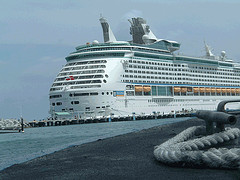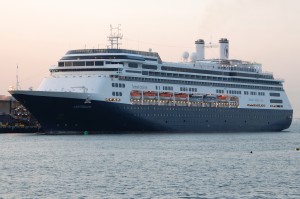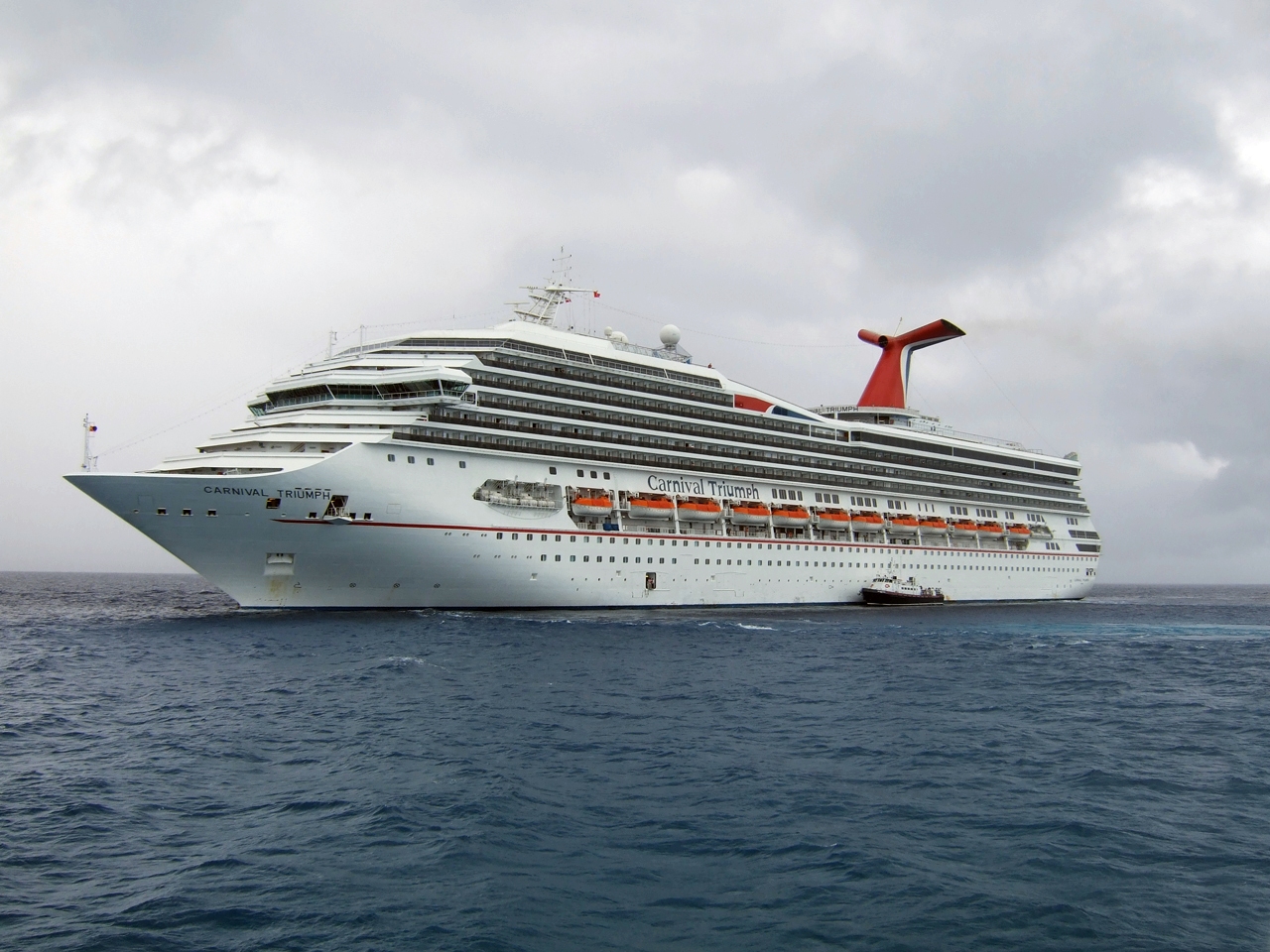Investigators believe a casino shuttle boat fire that killed one woman and injured 14 other people off Florida’s Gulf Coast was caused by poor maintenance and the captain’s failure to shut down the engine sooner.
The National Transportation Safety Board released a report this month outlining the factors that led to a 42-year-old woman’s death and the destruction of the $450,000 boat. According to authorities, about 50 passengers jumped into the chilly waters off Port Richey in January when the Island Lady caught fire. It was heading to a Tropical Breeze casino boat in the Gulf of Mexico, where gambling is legal.
Problems outlined in the NTSB report include lack of company guidance regarding engine high-temperature alarms, lack of fire detection in unmanned spaces, insufficient preventive maintenance and insufficient crew training.
When you are harmed in a boating accident, you are suddenly left to endure injuries, medical bills and lost wages. When a fun excursion on the water results in serious injury or a wrongful death, our Florida Maritime Attorneys at Whittel & Melton can provide you with quality legal representation.
Maritime laws apply to boating accidents that occur at sea or on lakes or rivers. Maritime law is quite different from the law that applies to auto accidents or other accidents that occur on land.
The owners and operators of boats have a duty to warn passengers of dangers and to operate their boats properly. We represent clients who have been injured while on vacation or enjoying a day on the water in:
- Cruise ships
- Shuttle boats
- Yachts
- Deep sea fishing boats
- Jet Skis and other personal watercrafts
- Charter boats
- Sail boats
 Florida Personal Injury Lawyers Blog
Florida Personal Injury Lawyers Blog




